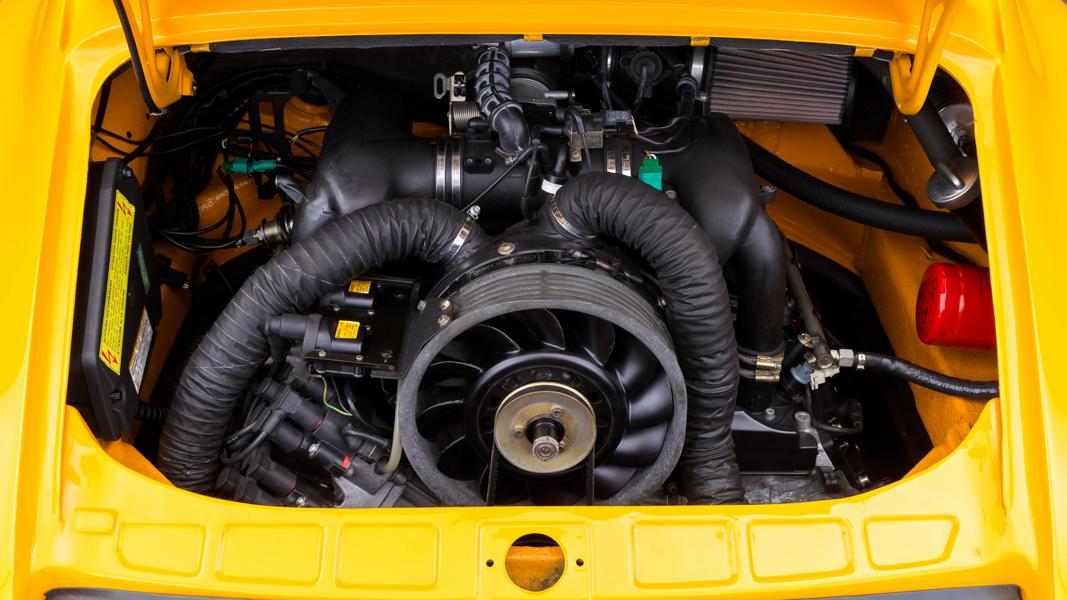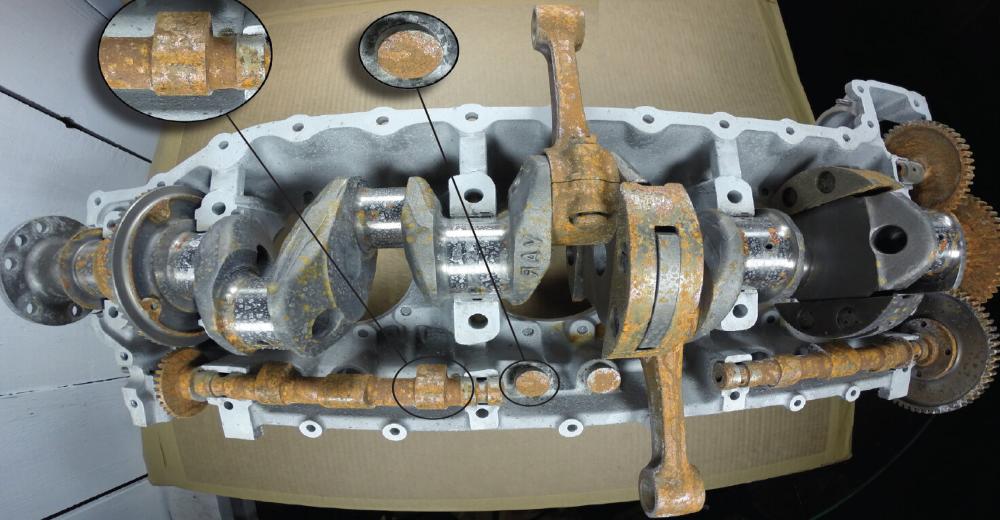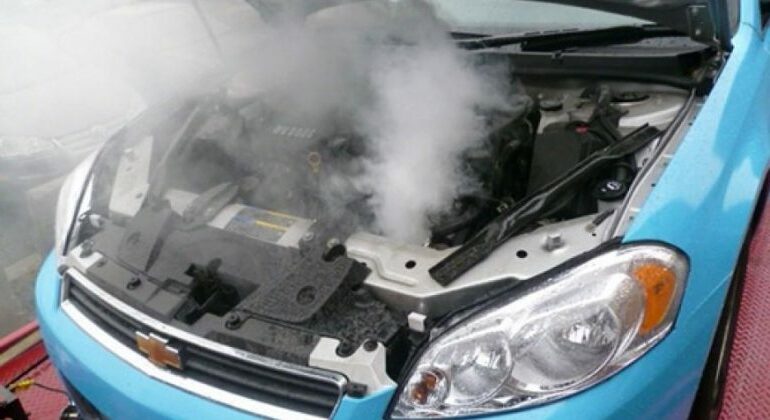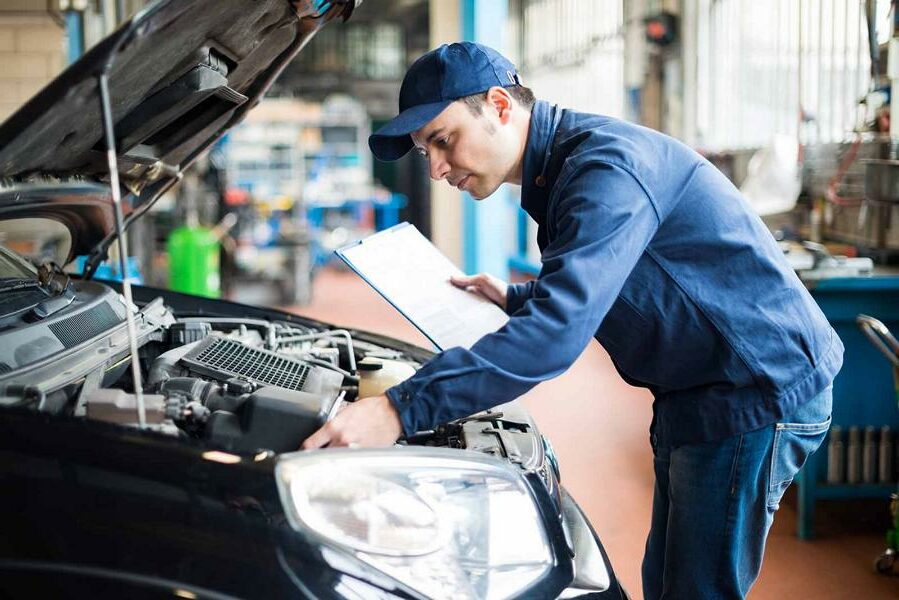Engine corrosion is hardly noticeable and takes a long time to develop. While most don't worry too much about the health of the engine, it's important to think about bypassing malfunctions and keeping the components fit for as long as possible. Depending on the frequency of maintenance, the engine may already be affected by corrosion. But don't worry, if you properly maintain and protect your vehicle on a regular basis, you will delay the rate of corrosion and keep the vehicle in top condition.
What problems can engine corrosion cause?
If engine corrosion is not detected early, it can cause breakdowns and high repair costs, and also have a negative impact on the service life of the engine. Read here the most common damage caused by engine corrosion:
- Fuel consumption increases: More consumption, misfires and reduced efficiency are the result of corrosion and deposits during the combustion cycle. The engine can no longer process the air and fuel at the usual rate.
- Broken injectors: Crevice corrosion is commonly found in injector nozzles. This can lead to blockages caused by deposits and thus to errors. Here, too, it is reduced Efficiency of the motor.
- Fuel and oil filter clogs: Rust and deposits in the engine oil can cause “sludge”. This blocks the fuel and oil filters and leads to a number of errors and problems.
- overheating: Corrosive damage to the motor can cause overheating problems due to increased friction. Rust and corrosion gradually increase and cause leaks and other damage in the cooling system.
- Lower oil life: It may happen that the engine oil due to system deposits must be replaced more frequently. As the color and consistency change and the lubricity decreases.
Triggers for engine corrosion!
An engine corrosion can have various reasons related to various components and areas under the hood. As with the well-known rust on the body, this also takes time engine corrosion long before the material actually corrodes. The main reason is harmful chemical reactions in the engine. The main causes of corrosion and the most commonly affected engine areas are:
- chemical corrosion: It comes through harmful compounds in the engine, such as through sulfuric acid, conditions. These compounds are formed when fuel and oil mix with water molecules. This can have harmful effects on various engine parts.
- high temperature corrosion: When the engine runs hot, there is a risk of oxidation occurring in some engine parts Rust comes along. Corrosion from high temperatures is due to too much friction caused by inferior or bad engine oil is triggered.
- crevice corrosion: This type of corrosion can occur in small areas and gaps in the engine, including the gaskets. behind it deposits, which gradually lead to the decomposition of the components.
- Galvanic corrosion: It is triggered by electrochemical reactions. come here two types of metal in electrical contact. This process cannot be prevented and usually has only a minimal effect on the service life of the engine.
prevent engine corrosion
Modern engines can deal with wear, but only to a certain extent, of course. That's why there are a few methods you can use to extend service life and prevent corrosion.
- Comply with the maintenance schedule of the car: Having a full service every year is the most effective check for engine corrosion. Change the oil and the oil filter at least every 12 months and also check the components in between. In this way you ensure the protection and lubrication of the engine. Oil changes should be carried out more often, especially with power-enhanced engines.
- Service fuel system: Since the fuel system has a direct effect on the service life of the engine, it should be serviced at least every 30.000 km (Key word: fuel filter). Especially if the car is older. This is where moisture and deposits get into the engine. If possible, drive not so often on reserve, as this may deposits get into the engine. additives/Fuel system cleaner keep the injectors in good condition.
- Flush cooling system: This step is very important for the maintenance of the engine and the reduction of corrosion. As soon as you notice a change in the color of the coolant/antifreeze in the reservoir, this is an indication of deposits that have gotten into the cooling system.
- Check the coolant/antifreeze level regularly: check the reservoir regularly and make sure the system is working properly clean coolant hat.
- Use Heavy Duty Coolant/Antifreeze: Use modern coolants/antifreeze with a high-performance effect. These have additional connections for corrosion protection in the cooling system.
Engine corrosion can cause problems in the car, but with the right maintenance and protection measures, you can ensure that the engine is always in good condition.
Of course, that wasn't the end of it!
tuningblog has countless other articles on the subject of car and auto tuning in stock. Do you want to see them all? Just click HERE and look around. In part, we would like to provide you with news but also off the tuning. In our category Tips, products, information & Co We have reviews of car or accessories manufacturers, new ones Tuning Wiki Terms or one or the other Leak veröffentlicht. Following an excerpt of the last articles:
|
CAC e-fuel: world premiere at the 24-hour race at the Nürburgring |
"Tuningblog.eu" - we keep you up to date on the subject of car tuning and car styling with our tuning magazine and we present you the latest tuned vehicles from all over the world every day. It's best to subscribe to ours Feed and will automatically be informed as soon as there is something new about this post, and of course also to all other contributions.
 tuningblog.eu Your magazine about tuning the car
tuningblog.eu Your magazine about tuning the car






